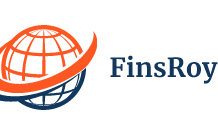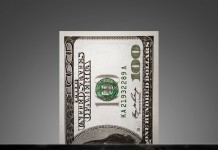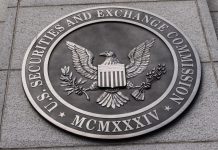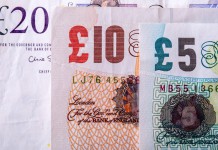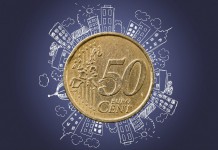Not necessarily forward
The UK and EU announced that an agreement has been reached over the transition period that will follow the UK’s departure from the EU.

Michel Barnier the EU Chief Negotiator labelled it “one step forward but just one step”, signifying that there is still a long way to go.
It appears that most observers were keen to rejoice in the fact that a deal had been struck despite it being another seeming capitulation from the British Government.
It is true that businesses can now prepare with a little more certainty, but to all intents and purposes the issue has been “kicked down the road” as uncertainty will remain until the final agreement has been reached particularly as it has now been suggested that negotiations will continue during the transition period.
The issue of the Irish border is no nearer a solution with the Irish Foreign Minister reiterating yesterday that he fully expects the UK to honour its pledge contained in the Good Friday Agreement that there would never be a hard border in Ireland again.
The transition agreement is lopsided with concessions on both sides, but the EU seem to have won itself a good deal again in echoes of the stage one talks.
The pound made its long-awaited push through resistance at 1.4000 but still doesn’t look convincing and today’s inflation report could see a reversal of the rally.
Powell facing his first test
The first FOMC meeting of Jay Powell’s tenure as Chairman of the Federal Reserve is imminent and he is likely to start by announcing a hike in interest rates based almost entirely on anecdotal evidence and conjecture.
The “rush to normalization” has no real basis other than the expectation that economic theory will win out and such accommodative policies will lead, eventually, to higher inflation.
The dollar index is not convinced, languishing close to its lows although commentators are struggling to attach a label to yesterday’s fall (see below).
The dollar could easily fall following the rate announcement particularly is Powell fails to follow through in the wording of his speech. Traders are already looking for the next rate hike and that is the only current positive the dollar is reacting to.
The twin deficits are starting to loom large as debt levels are expected to be raised even further and it probably isn’t the time to start threatening the biggest buyer of Government bonds with a trade tariffs. The Chinese are unlikely to want or be able to separate the two issues as President Trump obviously can.
An ECB rate hike? Really?
There is apparently a report circulating created by Reuters that the ECB are considering the removal of the Asset Purchase Scheme and looking at when they will start to hike interest rates; most likely in the middle of next year.
It is obvious that the extra accommodation will be removed at some point but just why speculation has started now seems to me to be rooted in an inability to find a reason for the Euro currently being on the front foot. Inflation in the Eurozone is benign at best and showing no signs of turning. The advance signals of inflation are not turning around and to speculate that the ECB may start to raise rates in mid-2019 has no basis in fact at all.
Last week’s comments from Mario Draghi that monetary policy will remain “patient persistent and prudent” seem far more in line with current ECB thinking and will remain so for at least the rest of 2018.
As I said recently, the ECB has the Euro just where it wants it and as such a light touch in monetary policy is the best plan. A range between 1.2280 and 1.2520 will continue until there is either a major surprise for the dollar or there is more tangible evidence of rising inflation in the region.



